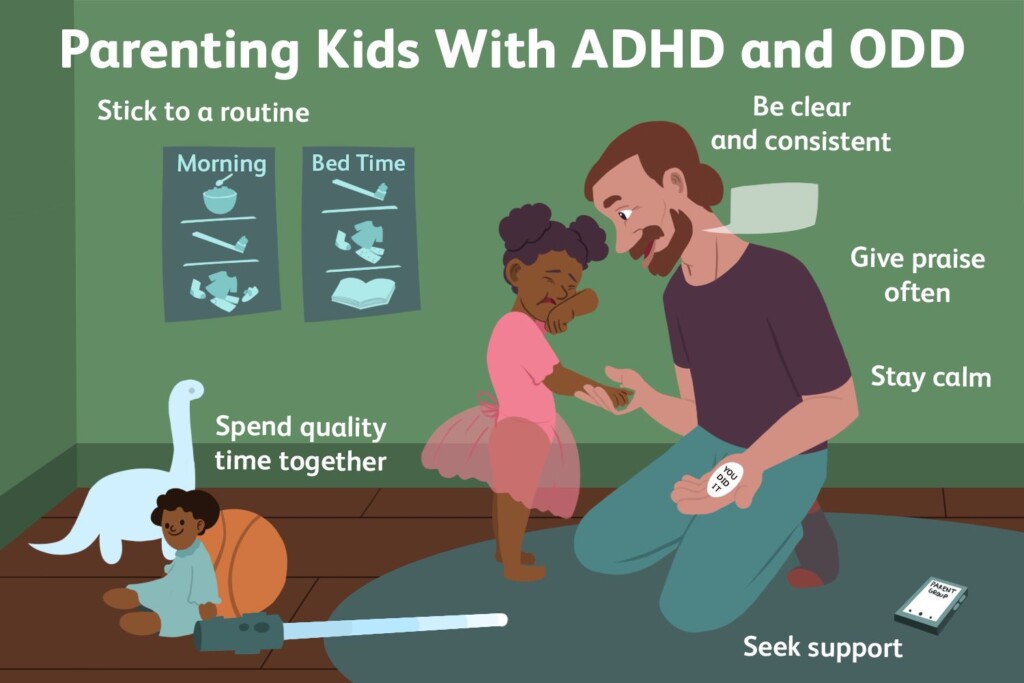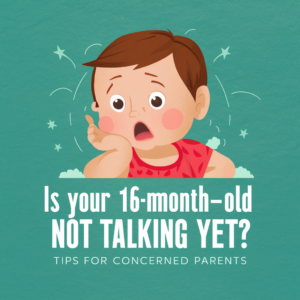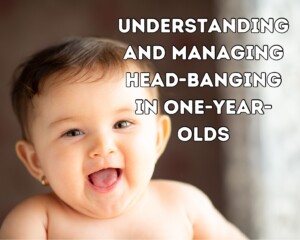Parenting a child with Attention-Deficit/Hyperactivity Disorder (ADHD) can present unique challenges. However, with the right strategies and support, you can create a nurturing and structured environment that helps your child thrive. In this article, we will explore effective parenting tips specifically tailored to children with ADHD. These tips will empower you to understand their needs, manage their behaviors, and promote their overall well-being.

- Establish Consistent Routines: Children with ADHD often benefit from structured routines. Establish consistent schedules for daily activities, such as meals, homework, playtime, and bedtime. This helps create predictability and reduces anxiety.
- Break Tasks into Manageable Steps: Large tasks can be overwhelming for children with ADHD. Break tasks into smaller, manageable steps to make them more achievable. Provide clear instructions and offer positive reinforcement for completing each step.
- Use Visual Aids and Timers: Visual aids, such as charts, calendars, and checklists, can help children with ADHD understand and follow routines. Use timers or alarms to help them stay on track and transition between activities.
- Create a Quiet and Organized Study Area: A quiet and clutter-free study area can minimize distractions for children with ADHD during homework or study time. Remove unnecessary items and provide organizational tools, such as bins or folders, to help them keep their materials organized.
- Implement Positive Reinforcement: Positive reinforcement is a powerful tool in managing behaviors. Praise and reward your child for their efforts, progress, and accomplishments. Focus on their strengths and celebrate their successes, no matter how small.
- Encourage Physical Activity: Regular physical activity can help children with ADHD release excess energy and improve focus. Encourage activities such as sports, dance, or martial arts that engage both the mind and body.
- Teach Coping Strategies: Help your child develop coping strategies to manage impulsive behaviors and emotional regulation. Teach them techniques like deep breathing, counting to ten, or taking a short break to calm down in moments of frustration.
- Foster Effective Communication: Maintain open lines of communication with your child’s teachers, therapists, and healthcare professionals. Collaborate with them to create an individualized plan that supports your child’s unique needs.
- Seek Support and Education: Connect with support groups, online communities, or local organizations that specialize in ADHD. Attend workshops or seminars to gain valuable insights and practical strategies for managing ADHD-related challenges.
- Practice Self-Care: Caring for a child with ADHD can be demanding. Take care of yourself by prioritizing self-care activities, seeking support from family and friends, and seeking professional help if needed. When you are well-rested and emotionally balanced, you can better support your child.
Parenting a child with ADHD requires patience, understanding, and a tailored approach. By implementing consistent routines, breaking tasks into manageable steps, using visual aids, and providing positive reinforcement, you can create an environment that supports your child’s development and well-being. Remember to seek support, practice self-care, and celebrate your child’s unique strengths. With your love and guidance, children with ADHD can thrive and reach their full potential.
As an Amazon Associate we earn from qualifying purchases through some links in our articles.




